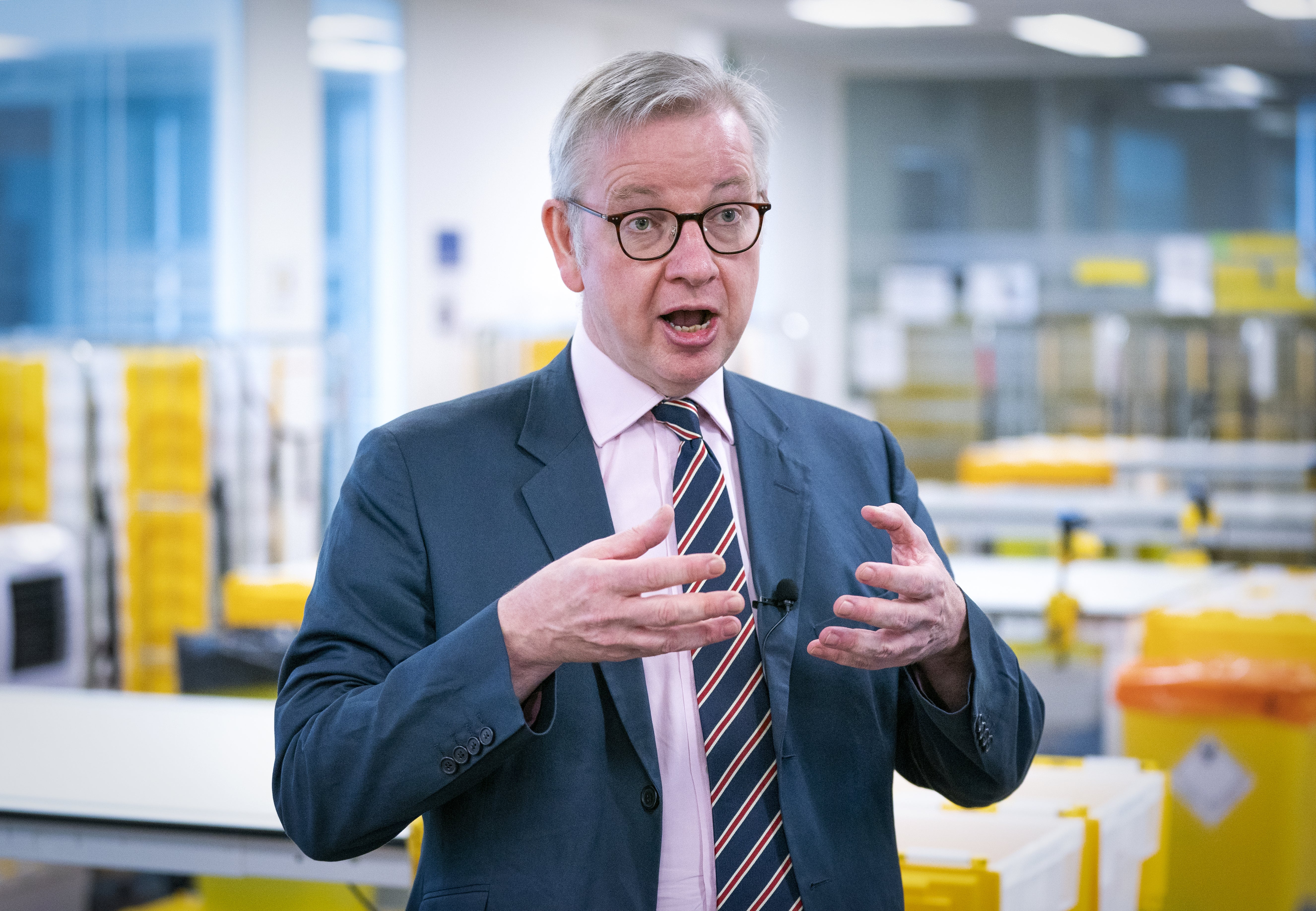Levelling up efforts could fail the poorest, IFS warns
A focus on place over poverty could prevent the government from achieving its aims of boosting life chances for all citizens, a leading economic think tank has warned

The government’s flagship levelling up policy risks failing Britain’s poorest by focusing on places, rather than poverty, a leading economic think tank has warned.
Regional inequality is persistent and worsening the Institute for Fiscal Studies (IFS) said on Tuesday, in an analysis ahead of the government’s delayed policy white paper, expected this week.
However, while places are at risk of losing out on economic growth and opportunities, some of the UK’s poorest people also live in the country’s wealthy regions.
“It is really important to remember in all this that, while high paid jobs are unevenly spread, low paid jobs, and indeed poverty, are not,” said Paul Johnson, director of the IFS.
“A higher fraction of London’s population is in poverty than in any other region. We need to worry about places, but we need to worry about people too”, he added.
Wages for the lowest earners in the UK are similar irrespective of location, the IFS found. For those workers in the bottom 10 per cent, by earnings, wages are around £8-9 per hour in every region. In areas where other living costs, such as housing, are more expensive, such as London, that means that workers are more likely to be in poverty.
The IFS found that 28 per cent of Londoners were in poverty from 2016-2019 compared to the national average of 22 per cent.
Yet while low wages tend to be similarly low across the country, there’s a considerable gap between top earners in different regions – and that is a difference which has persisted for decades, according to the think tank. The top 10 per cent of earners in London were paid 80 per cent more per hour than the comparable group of workers in Scarborough.
This effect is shown by comparing tax and population data too, the IFS said: while around one in seven of the UK population live in London, some one in three of the top 1 per cent of income taxpayers live in the city.
Beyond wages, in areas such as educational outcomes, there are also stark divides.
In Grimsby, in the north of England, fewer than one in five children go on to university, compared to one in three in London. Well trained graduates from other areas are also likely to move to cities where there are already lots of other highly skilled workers: one in two people with degrees in Grimsby move away by the age of 27, the IFS said.
The think tank also found that cuts to public spending introduced from 2010 onward exacerbated regional inequalities. This suggests that some of the government’s efforts with levelling up will in part have to be aimed at repairing some of this impact.
From 2009-10 to 2019-20, spending on services – not including education fell by an average of 31 per cent for councils in the 10 per cent most deprived areas. That is nearly double the drop of 16 per cent per resident in the 10 per cent least deprived locations, the IFS’ study found.
Subscribe to Independent Premium to bookmark this article
Want to bookmark your favourite articles and stories to read or reference later? Start your Independent Premium subscription today.

Join our commenting forum
Join thought-provoking conversations, follow other Independent readers and see their replies